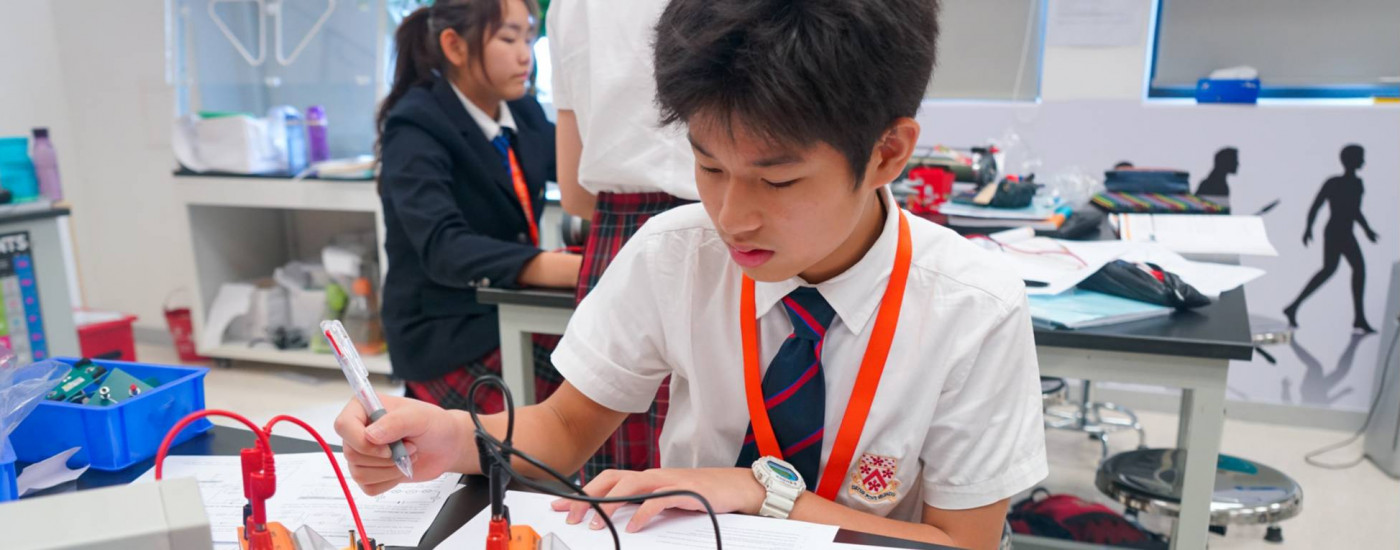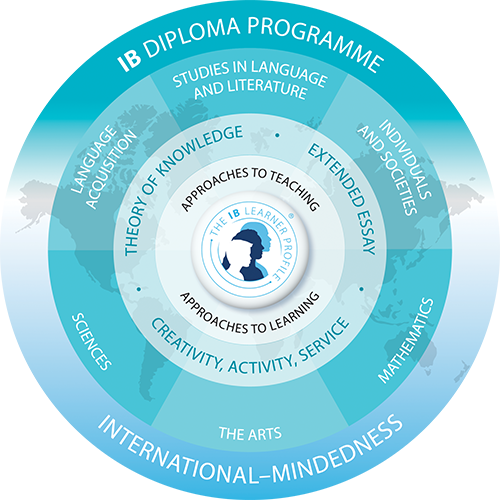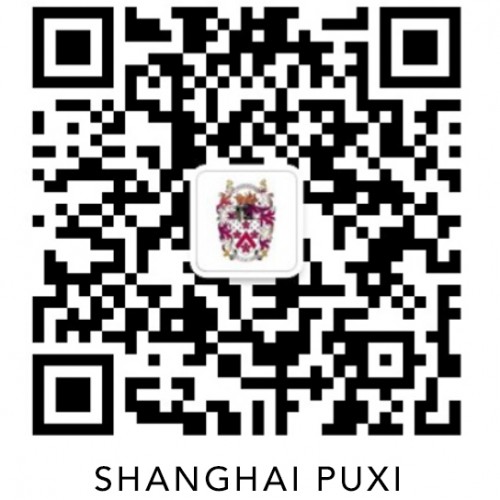Original Thinkers Change the World

As we pass through the final stages of International Baccalaureate (IB) Diploma Programme accreditation, and prepare to host our first cohort of IB Diploma Programme students in the 2021-2022 academic year, the community at Dulwich College Shanghai Puxi are reflecting on what impact this will have and the benefits it will bring in terms of helping our students Graduate Worldwise. In this article, our International Baccalaureate Diploma Programme Coordinator, Marina Prozesky, explores the concept of Original Thinkers and its correlation with the attributes developed throughout the IB Diploma Programme.
I recently listened to a podcast about the science of original thinking. Adam Grant, an organisational psychologist and prize-winning author of the book “Originals”, discussed the characteristics of original thinkers, or people who, through original thinking, change the world. He regards original thinkers as “people who don’t have the deepest expertise, but the broadest experience”. Being an advocate for the International Baccalaureate (IB), this got me thinking that this is exactly what the IB programme offers – broad experiences that develop well rounded, critical thinkers with international mind-sets.

Students’ broad experiences in the IB stem from a variety of factors: firstly, students are required to study six subjects –a first and second language, a subject from the humanities, a science, Mathematics and an Art. Parents from an A-Level background will know that it is very different, as A-Level students are able to choose their specialisms from the very beginning. This IB requirement provides students with broad, yet fairly in-depth interrelated knowledge, as the IB is structured in such a way that students learn to make connections between the different subject areas. At Dulwich Puxi, our teachers are trained through both official IB workshops and Professional Development sessions at school. This ensures that we critically think about our own teaching, and we are constantly focused on creating broad experiences for our students by understanding the interrelatedness of our respective subjects.
Along with the six subject groups, students are also required to study the Core – a part of the IB programme that again provide a depth and breadth of experience that no other programme offers. The three core elements are the Theory of Knowledge, the Extended Essay, and Creativity, Activity, Service.
The Theory of Knowledge (TOK) course teaches students to challenge knowledge by critically considering their own and others’ claims, and to consider the nature and origin of knowledge. TOK is taught as a subject, but it is also a golden thread woven through all IB subject groups, so that students are constantly challenged to think critically and challenge their own assumptions. The TOK course is one of many reasons why IB students often perform better at university, as it allows them to become independent and critical thinkers able to make connections between concepts. Our IB course at Dulwich College Shanghai Puxi has been mapped in such a way that TOK is a prominent part of all IB subjects.
Through Creativity, Activity and Service (CAS), student gain wide-ranging experiences that nudge them out of their comfort zones. Students explore a range of physical and creative activities, and broaden their perspectives by researching their community and identifying service opportunities. At Dulwich College Shanghai Puxi, Service activities form part of the Wellbeing curriculum. Each year group in the Senior School does a Service project through the course of the year, which enables them to explore service opportunities that they might want to continue into IB.
The Extended Essay again adds to the range of experience that the IB offers, as it provides students with the opportunity to do independent research on a topic of their choice. This research culminates in a 4000-word research project completed over the course of a year. This element of the Core is another reason why IB students often flourish at university, as they have already mastered many of the skills needed to excel at academic institutions. Here, at Dulwich College Shanghai Puxi, students are prepared for the academic writing element of the IB through constant collaboration between teachers and the library service, so that students are confident with the research process and the academic integrity requirements.
The Approaches to Learning (ATLs) is another way in which IB students are exposed to broad experiences. These five aspects (thinking, self-management, communication, research and social skills) are skills designed to teach students how to learn. Every course in the IB programme at Dulwich College Shanghai Puxi is designed in such a way that it constantly develops students’ ATL skills. Through the continuous focus on these five skills, students not only learn how to direct their own learning, but they also grow socially and emotionally through the development of communication, social skills and collaboration, again providing students with the wealth of experience needed to succeed.
Throughout the course of study, students consider concepts from local, national and global perspectives. This approach, along with the study of a second language, help students to create a cultural awareness and an openness to the world, and enable students to engage in an increasingly globalised and rapidly changing world.
So, if Adam Grant is right that a breadth of experience can create original thinkers, we can rest assured that the IB programme at Dulwich College Shanghai Puxi is the right programme for this purpose. Our graduates, equipped with original thinking and an international mindset, will have the capacity to change the world for the better.





